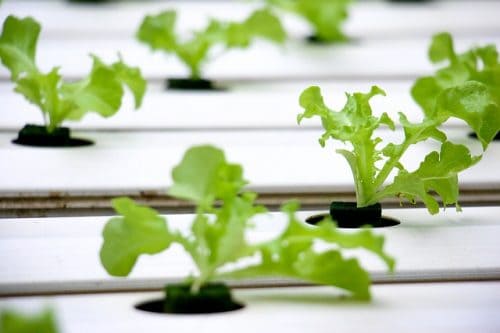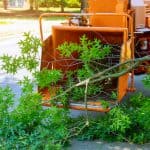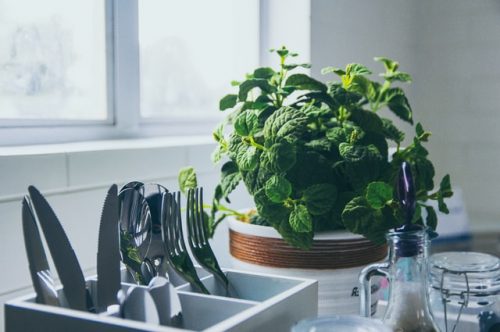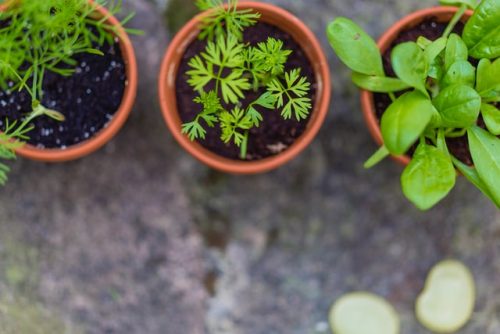Within the past six decades, the culinary world in Britain has experienced a major transformation. Foods with evoking flavours are chosen in place of plain meat and veggies. Gardeners tending to parsley, mint, and a bit of rosemary in small patches of land have become archaic.
This can be attributed to the intense search for different aromatic crops to create more flavourful, luxurious meals.
You can easily get access to dried herbs, and they are also quite affordable. However, they are a poor replacement for the fresh produce with a very captivating scent which emanates during cooking.
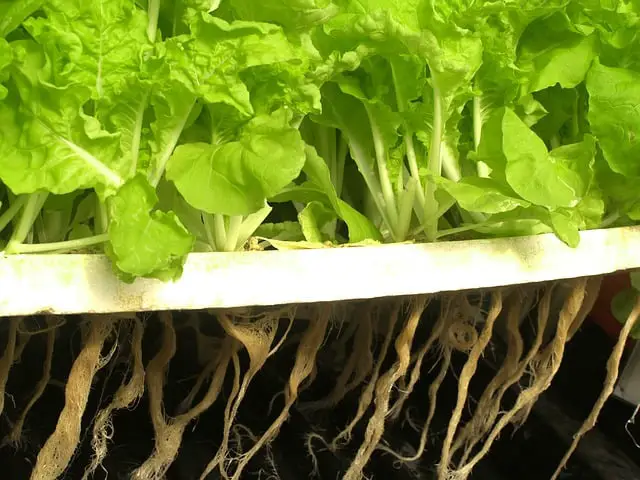
While it is possible to plant herb outdoors, it may not work so well for plants known to thrive in warm regions and it may be difficult to create the ideal environment required for the plant’s survival. This is where it becomes useful to know how to grow hydroponic herbs
Why Should You Grow Hydroponic Herbs?
There are a number of benefits gotten from growing your herbs hydroponically. Some of them are:
-
Well-being and Survival of Plants
Your biggest concern when growing herbs is their survival and health. Well, hydroponics takes care of that. It gives you the luxury of creating the ideal environment your plants require to thrive. This includes the temperature, light and nutrition. In the end, you’ll have healthy and fully developed plants. Wouldn’t you like that?
-
Taste
Herbs nurtured hydroponically are provided with the correct amount of nutrients they need to mature which makes them flavourful. A study showed that hydroponic herbs contain about 20 to 40% aromatic oils more than those grown conventionally in the soil.
-
Absence of Chemical Pesticides
The way hydroponic systems are structured excludes the use of pesticides or other chemicals as they are protected against disease-causing organisms. These plants are propagated in the absence of harsh substances; this makes them even healthier for you.
-
Herbs Are Grown All Year Round, Anywhere
This is probably the coolest thing about hydroponics[1]. It is not limited by seasons or location. You can grow your herbs throughout the year despite the weather or nature of your home. The tools you need are available in various sizes, shapes and some come in stylish designs to suit your interior décor.
What Herbs Can I Grow Hydroponically?
A large number of herbs can be grown using hydroponics. These include catnip, basil, coriander, dill, chives, fennel, mint, parsley, oregano, sage, rosemary, thyme, marjoram, thyme and oregano.
Best System For Growing Herbs Hydroponically
The N.F.T system is employed for propagating plants on a commercial scale while Ebb and Flow are commonly used by individual hydroponic farmers.
With the N.F.T method, herbs are positioned inside net pots and the roots suspended in their zone. At an inclined position, a continuous supply of nutrients from its reservoir goes into and away from the grow tray through a circuit.
The Ebb and flow method uses a growing medium to support plant roots. The system also employs a time for regulation of the pump’s action during the day. Once the pump is activated, a large stream of nutrients is transported to the grow tray. As soon as the timer goes off, the solution of nutrient drains right back to the reservoir for re-use next time.
Gardeners make use of different systems depending on their preference. Before making a final decision, ensure you do a little research to find out which will work best for you. Your choice should be influenced by a range of factors, including the kind of herbs you’ll grow, expected harvest as well as your budget.
Care For Your Herbs
There are three main boxes to tick to ensure the well-being and healthy development of your plants. They include light, nutrition and temperature. Maximising these three areas equals to get a bountiful harvest. Let’s discuss a bit about these three elements.
Light
Plants require approximately 6 hours of sunlight to mature properly. For this reason, it is advisable to position your systems in south-faced windows where they can absorb a healthy amount of sunlight per day. There is also an option of purchasing grow light to fully maximise the benefits of sunlight for even more hours.
Nutrition
Growing a number of herbs together might not be problematic as they require similar nutrients to thrive. On the other hand, some herbs demand specific nutrients to thrive, hence, keep an eye out for those.
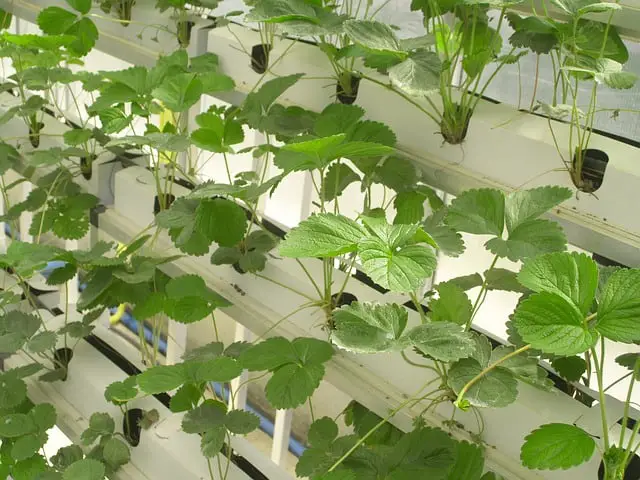
Oregano and marjoram need a good amount of phosphorus or they become deficient, basil requires extra magnesium. Be conversant with the herbs you plan to grow and their nutritional requirements.
Temperature
A temperature range within 20 to 25 degrees and humidity of about 40 to 60% is healthy for herbs. Lower temperatures truncate their growth, so ensure your system is positioned in warm areas. Changing temperature could also sabotage their growth, so, you should maintain herb friendly temperature.
Hydroponic System Maintenance
The major work with hydroponics involves prior research and set up. Once you have that, you really don’t have much to worry about. However, a few things will need your attention from time to time to ensure your system functions at its best.
Electrical Conductivity
The nutrient solution contains salts and their concentration is monitored by checking their EC (electrical conductivity) level with an EC meter. Most herbs thrive with an EC around 2.5, except basils which favour values within 1.0 to 1.5. This is why it might be problematic to grow basil alongside other herbs using the same nutrient solution.
pH
Most herbs do well with pH values of 5.5 to 6.0. Therefore, it is important that your nutrient’s pH is regularly monitored and this can be done using a pH tester kit.
To restore the pH of your solution, simply add a pH adjuster to it.
Hardware Care
For the well-being of the herbs, your hydroponic system should be in perfect condition. A single slip up could sabotage everything you’ve worked so hard for. To avoid that, always check to ensure everything is working as it should.
A constant supply of electricity is important, all fuses and sockets should be functioning properly. Monitor your timers as well. It is not uncommon for roots and other substances to block the tubing, so unclog and clean up the system as often as you can.
Avoid snipping stalks before they have attained a mature length, it limits their growth. Keep your herbs lush and allow them mature.
Conclusion
A lot of people believe the idea that hydroponics is a stressful option for growing herbs, but that is far from the truth. Once you have done the adequate research needed and created a comfortable environment for your herbs to thrive, then you just need a bit of maintenance to keep the ball rolling.
In the long run, the little efforts you make will be worth it in the end when you get a bountiful, delicious and flavourful harvest.
Glossary
[1] Hydroponics – Link

